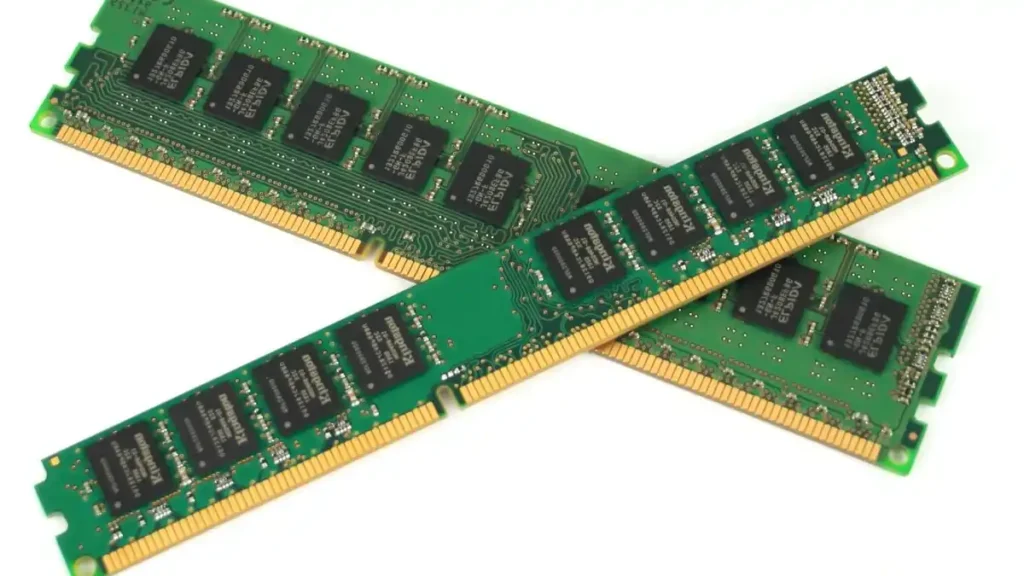ECC RAM stands for Error-Correcting Code RAM. It’s a specialized form of computer memory that integrates sophisticated error detection and correction functionalities. Its primary purpose is to safeguard the integrity and dependability of data stored within memory modules.

What is ECC RAM?
ECC RAM, or Error-Correcting Code RAM, is a type of computer memory that incorporates advanced error detection and correction capabilities. It utilizes error correction codes (ECC) to ensure the integrity and reliability of data stored in memory modules.
ECC RAM enhances data integrity by adding extra bits to each memory word stored in the module. These extra bits, known as parity bits or check bits, are generated based on the data being stored. During a read operation, the parity bits are recalculated, and their values are compared with the stored data. If errors are detected, the ECC Module can automatically correct single-bit errors or indicate the presence of uncorrectable errors.
How does it work?
The error correction process in ECC RAM involves complex algorithms that use the additional parity bits to identify and fix errors. This capability distinguishes ECC RAM from standard non-ECC RAM, which lacks the ability to detect or correct errors.
By incorporating error correction, ECC Module helps mitigate the impact of memory errors, which can occur due to various factors such as cosmic radiation, electromagnetic interference, or natural bit failures. Single-bit errors, which are the most common type of memory error, can occur when a random bit within a memory word flips from 0 to 1 or vice versa. ECC RAM can detect and correct these errors, ensuring the accuracy and reliability of data stored in memory.
What kind of environments does it apply to?
ECC RAM is widely used in critical computing environments that demand high levels of data integrity and system stability, such as servers, workstations, and mission-critical systems. In these scenarios, the detection and correction of memory errors are essential to prevent data corruption, system crashes, or silent data corruption that could lead to incorrect calculations or results.
It’s important to note that Error-Correcting Code RAM requires support not only from the memory modules themselves but also from the memory controller and the motherboard. This support includes ECC functionality in the memory controller and the capability to handle the additional ECC bits in the memory module. Therefore, it’s necessary to ensure compatibility with ECC RAM when designing or selecting hardware for systems that require high reliability and data integrity.
Disadvantages of Error-Correcting Code RAM
While Error-Correcting Code RAM offers enhanced error detection and correction capabilities, it does come with a slightly higher cost compared to non-ECC RAM due to the additional hardware and complexity involved. However, for applications that prioritize data accuracy and reliability, ECC RAM provides a critical layer of protection against memory errors.
See also: DDR RAM
